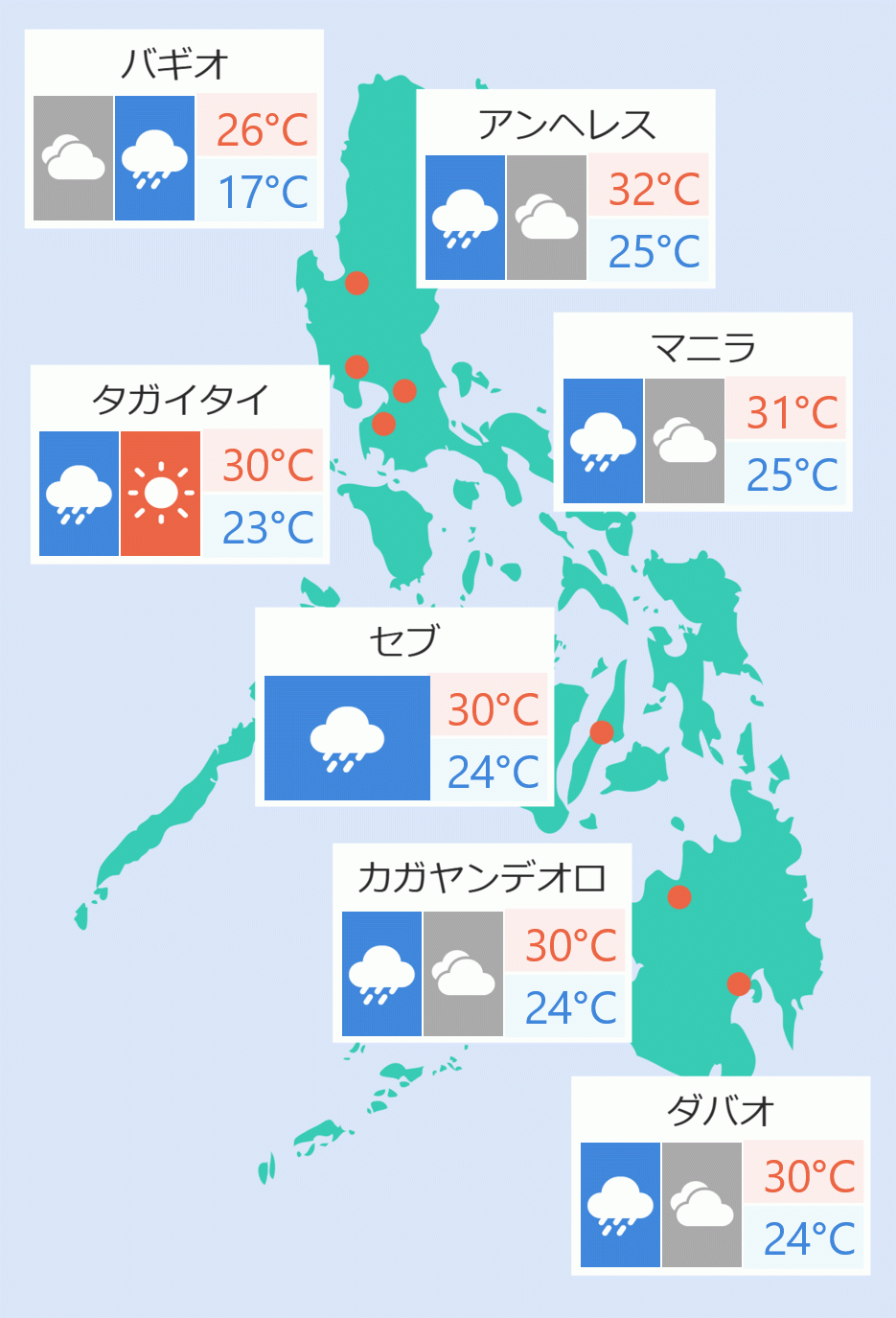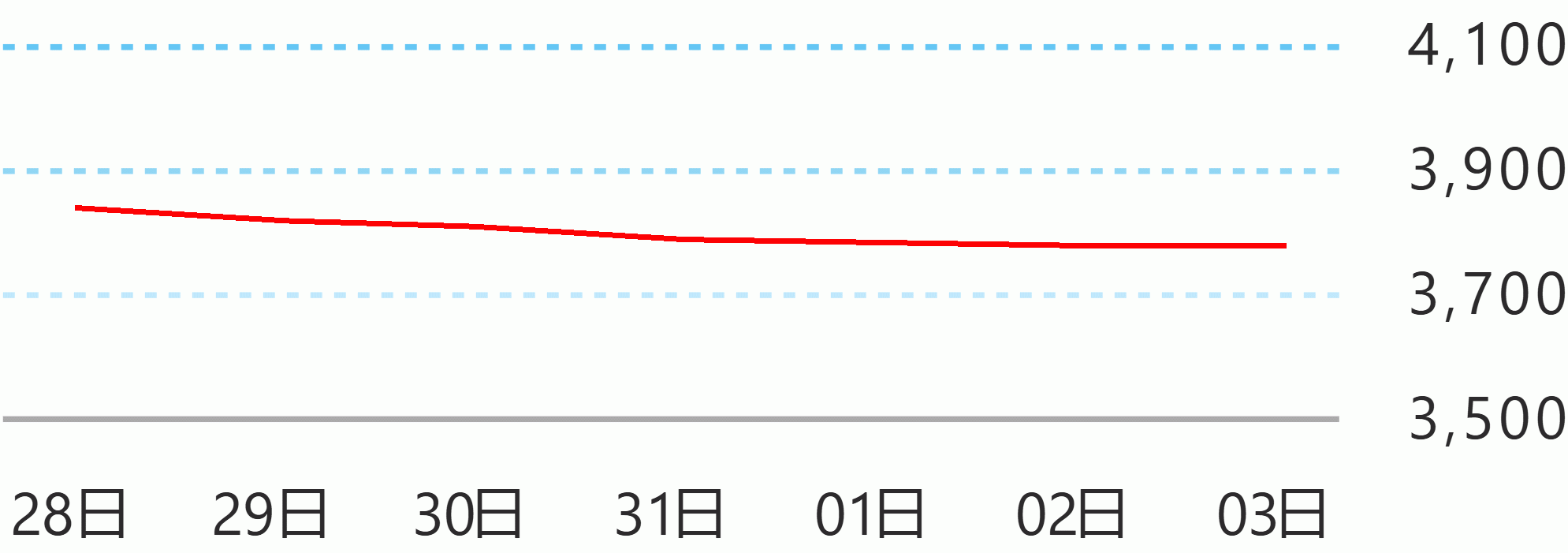President Rodrigo Duterte has signed into law bill granting free tuition fee in state universities and colleges (SUCs) despite an admission by his budget chief financing it could be difficult.
In a press briefing in Pasay City Friday, Senior Deputy Executive Secretary Menardo Guevarra said Duterte inked Universal Access to Quality Tertiary Education Act on August 3 shortly before it lapsed into law.
"Since many people have been waiting for the President's action on the very important enrolled bill which was passed by Congress last May entitled 'Universal Access to Quality Tertiary Education,' I am pleased to announce that last night, August 3, 2017, the President signed into law the enrolled bill," he said.
Guevarra said Duterte decided to approve the bill after coming into conclusion "that the long term benefits that will be derived form a well-developed tertiary education on the part of the citizenry will definitely outweigh any possible short term budgetary challenges."
Budget Secretary Benjamin Diokno has admitted the government would find it hard to subsidize tuition in SUCs as it could amount to about P100 billion.
In a House hearing last Monday, Diokno said most of the beneficiaries are not poor students. “What happened was there was an exodus of students from private universities to SUCs,” said Diokno.
Guevarra said tertiary education in SUCs is "a very strong pillar or cornerstone of the President's social development policy."
Asked where the government would get the money, Guevarra said, "the Congress is supposed to make the appropriate, will have to make the necessary appropriations to fund this particular, this new, well long term project of the government on free SUC education."
He added there could be a reallocation of the proposed 2018 budget, which is now pending in Congress.
"So possibly a reallocation maybe done and under the law itself there are other sources of funding for this SUC free tuition program and official development assistance is one possible source. And we are also hoping that donations both from the local and international sectors will come in to help us time over especially in the first few years of the implementation of this program," he added.
While there could be some cabinet members who were opposed to the approval of the bill, he said it is now beside the point.
"All we need to do now is to unite and coordinate all our efforts in trying to find the solution to the most important problem confronting this program and that is really the budgetary allocation, the funding for this program. So I guess everyone, including the economic managers, will have to focus their attention on this particular aspect, funding for this program because this program will have to be implemented soon," he explained.
Citing the Commission on Higher Education (CHED), he said Diokno's estimate on government's subsidy to SUCs seemed to be on the "very high side" because the basis of the assumption was that all aspects of the free tuition bill would be implemented all at the same time.
He said the only mandatory provision of the law is the free tuition and other miscellaneous fees, such as library, ID, and laboratory fees.
Malacanang has yet to issue a copy of the new law.
According to the Commission on Higher Education data, there are 112 SUCs in the country. Celerina Monte/DMS





 English
English









